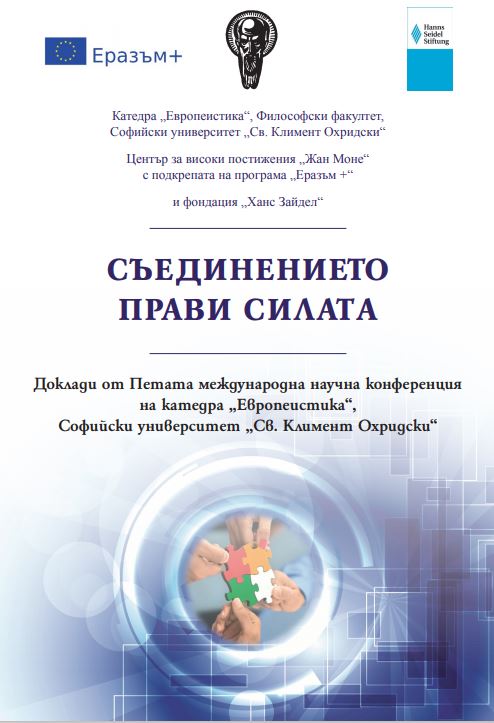Foreign Policy Positioning of the Western Balkan Countries in the Context of the EU Enlargement Strategy by 2025
Foreign Policy Positioning of the Western Balkan Countries in the Context of the EU Enlargement Strategy by 2025
Author(s): Dragan Đukanović, Marjan Gjurovski
Subject(s): Politics / Political Sciences, Politics, International relations/trade, EU-Approach / EU-Accession / EU-Development
Published by: Университет за национално и световно стопанство (УНСС)
Keywords: European Union; Western Balkans; Foreign Policy; EU Enlargement Strategy by 2025; Common Foreign and Security Policy
Summary/Abstract: Taking into account the European Union's strategic commitment to accelerate the accession of the Western Balkan countries for membership by 2025, as formulated by the Special Strategy (since February 6th, 2018), this will necessitate a significant change in the foreign policy of this group of countries. While Albania and Montenegro have managed to fully harmonize their foreign policy with the Common Foreign and Security Policy of the European Union, this does not fully refer to the rest of the Western Balkans countries. Namely, Serbia and Macedonia as candidate countries and Bosnia and Herzegovina have failed to achieve a full harmonization of their foreign policy with the European Union in the preceding years and especially after 2014. This especially refers to Serbia, which, besides Montenegro, is perceived in the context of the mentioned strategy as a country that will gain full membership of the European Union by 2025. However, due to the strengthened influence of the Russia and China, it did not adequately harmonize its activities regarding Chapter 31 (the Common Foreign and Security Policy of the European Union). This is all in the shadow of the end of the process of normalizing relations between Serbia and Kosovo, which is a crucial condition for accelerating this process. A similar situation is with Macedonia, which, thanks to the previous government (VMRO-DPMNE), distanced itself considerably from the EU and NATO membership. To a certain extent, the same conclusion can be drawn when it comes to Bosnia and Herzegovina, where there is an evident disagreement among the most important political actors regarding the foreign policy activity and the positioning of the country. On the other hand, according to the EU Enlargement Strategy by 2025, further progress in the context of Kosovo’s membership may be achieved only with the consent of all Member States, including those that have not recognized Kosovo's independence.
Book: Съединението прави силата
- Page Range: 237-246
- Page Count: 10
- Publication Year: 2018
- Language: English
- Content File-PDF

